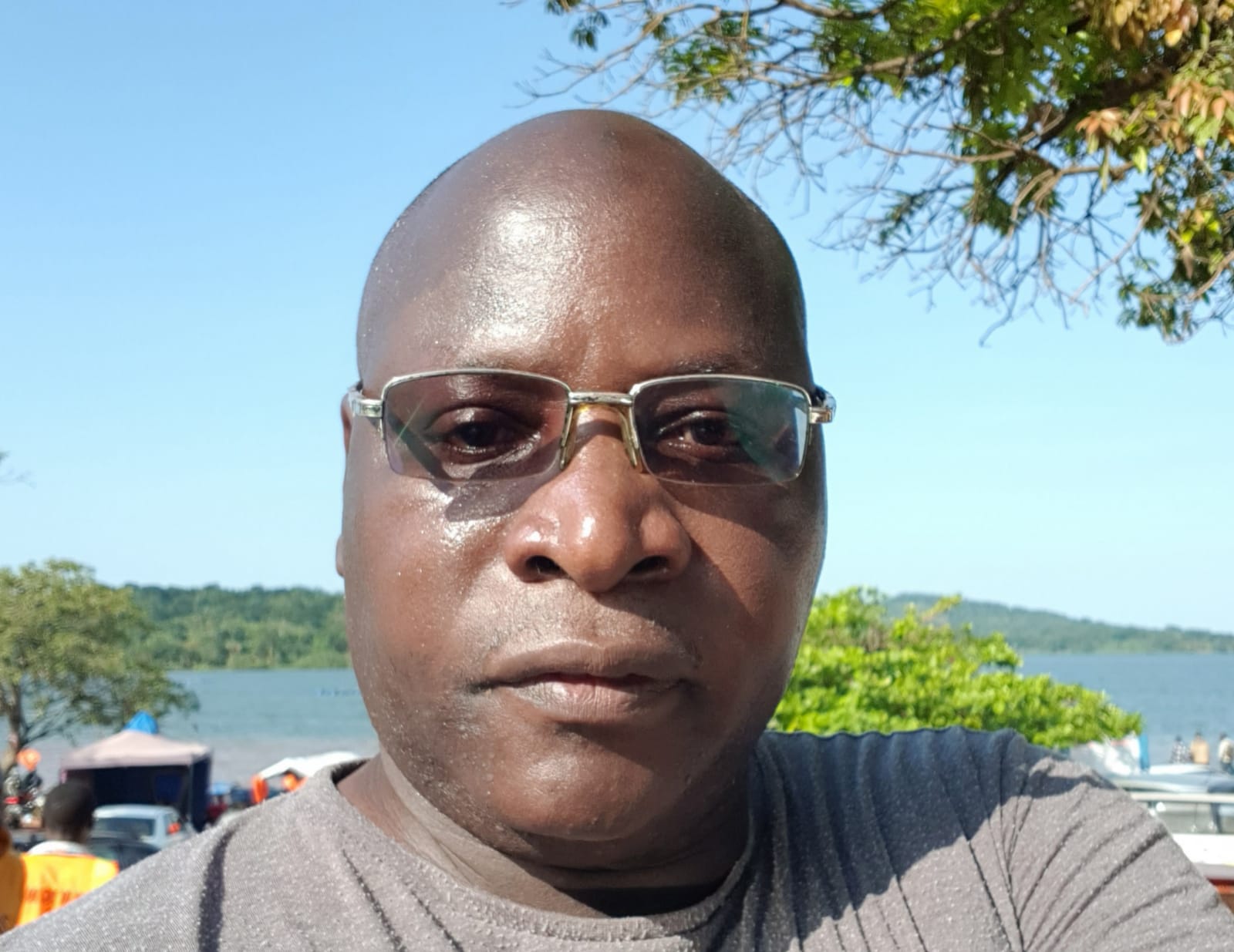By Stephen Lwetutte
It would appear that President Museveni’s supposed senior statesmanship really counts for not much. It has emerged, by Museveni’s own revelation, that Col Gaddafi ignored his advice to stay put in Tripoli, and evacuated the city. He would probably have considered Museveni’s baseless bravado as reckless grandstanding bordering on suicidal ideations.
During his 6th (some plausibly call it the 7th) swearing-in ceremony on 12 May 2921 at Kololo Ceremonial Grounds in Kampala, President Museveni amused the audience when he suggested that Gaddafi had fled Tripoli against conventional wisdom to stay put, while he (Museveni) was spearheading the effort to assemble an African force to confront NATO in their 2011 operation to enforce a no-fly zone over Libya declared by the UN Security Council. This is a fascinating revelation, not least because no other African leader, including of much mightier armies than Museveni’s, on the continent had ever before made mention of. It is, moreover, interesting that Museveni himself is making these revelations 10 years too late, begging questions about the timing.
It is, however, not lost on seasoned observers that Mr Museveni has lately appeared rattled and displayed unusual foul mood in public, ever since the outcome of the January 2021 presidential election, which he supposedly won, was announced, which is a strange disposition for a victor to be in. Needless to say, and it is safe to conclude, that Col Gaddafi, himself an experienced, tried and tested senior military officer, completely ignored Museveni’s dangerous antics and ill-advised attempts, and chose to leave the city. Even though he was assassinated later, that decision must have bought him a few more precious days of life than if he had heeded Museveni’s advice.
If anyone had the moral authority and means to stay in his country’s capital city, Tripoli, Gaddafi did. Unlike fellow dictator President Museveni, Gaddafi had achieved some phenomenal socio-economic transformation of Libya. Despite his 42-year brutal rule, he succeeded in using his country’s oil wealth so well so that Libya, from being one of Africa’s poorest countries in 1969 when he took over in a bloodless coup d’etat, was the continent’s leader in its Human Development Index in 2011, when he was overthrown and assassinated.
He launched ambitious social programs in education, health, housing, public works and subsidies for electricity and basic foodstuffs. Militarily, Gaddafi boasted of some 100,000 troops, more than 2,000 tanks, 374 aircraft and a navy with submarines, making Museveni’s UPDF look like an amateur group, from whom Gaddafi would not even start to accept advice, let alone seeking it.
Yet Gaddafi saw it fit and wise to evacuate from Tripoli regardless, especially after the capital had fallen to the advancing rebel forces in August 2011, a decision which arguably bought him a good 2-months extra time of life. President Museveni, in his speech, had wanted to Gaddafi turn Tripoli into a Stalingrad, in reference to the Soviet City, currently renamed Volgograd, which held out for 6 months from August 1942 to February 1943, against the invading German army during the second world war, with a death toll of over 2 million people. With no worthy cause to fight for, Museveni’s advice must have evidently been rejected on moral and practical grounds – pockets of resistance were swiftly neutralised in Tripoli, and the city fell.
Just like Museveni’s security forces, Gaddafi’s responded to peaceful protests from February 2011 against his rule by opening fire on the protesters, radicalising them into a fully-fledged armed uprising against his 42-year rule. Gaddafi pledged to chase down the “cockroaches” and “rats” who had taken up arms against him “inch by inch, room by room, home by home, alleyway by alleyway, person by person. A brutal conflict began, with pro-Gaddafi forces indiscriminately shelling civilian areas, arresting thousands of protesters and others.
In the end of it all, he had read the times and seasons accurately and took probably the most difficult decision to leave Tripoli and power – there wasn’t terribly much choice in his next decision, as the decisions were being dictated by the rapidly evolving circumstances beyond his control. The wisdom, therefore, of any advice especially from a General to stay put under such circumstances understandably raises eyebrows. Gaddafi clearly knew better and acted accordingly. President Museveni should be argued strongly to not only revisit his advice to Gaddafi, but also seriously take stock of his own governance record, and probably draw lessons from the Gaddafi scenario as they are in many ways eerily similar.
The writer is a Multilingual Human Rights Practitioner, formerly at the International Secretariat of Amnesty International in London for over 20 years and now Legal and Human Rights Consultant.



